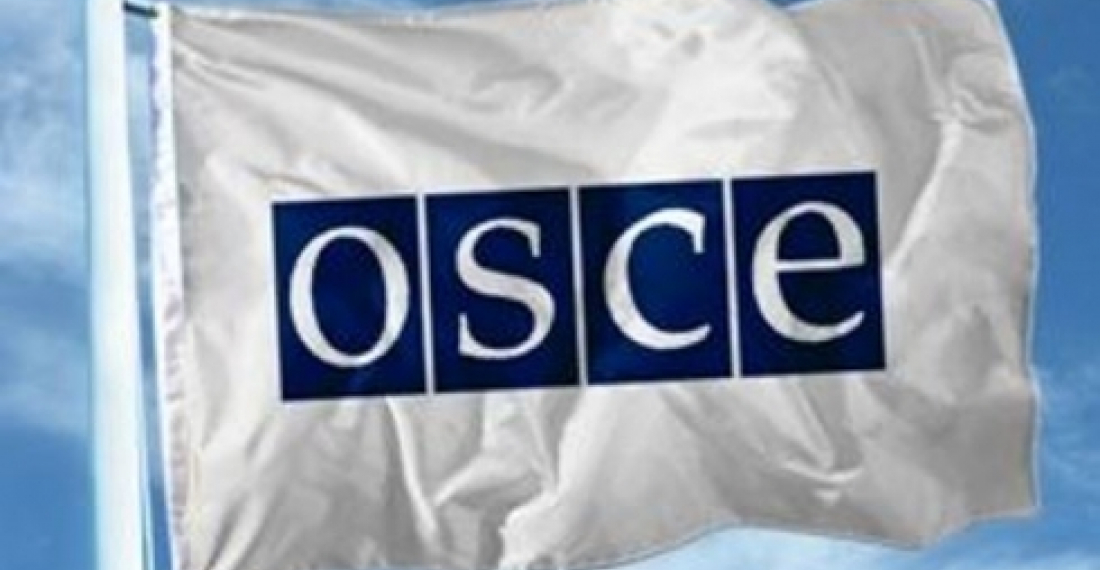В заявлении они сообщили, что главной целью их визита было "обращение к сторонам конфликта строго соблюдать прекращение огня после опасного роста насилия в январе".
Сопредседатели Минской группы ОБСЕ (послы Игорь Попов от Российской Федерации, Джеймс Уорлик от Соединенных Штатов Америки, и Пьер Андрие от Франции) посетили регион с 16 по 19 февраля. К ним присоединились Личный представитель Действующего председателя ОБСЕ, посол Анджей Каспшик.
В заявлении, опубликованном через офисом ОБСЕ в Вене говорится, что сопредседатели встретились с президентами, министрами иностранных дел и министрами обороны Азербайджана и Армении, а также де-факто властями Нагорного Карабаха. Основная цель визита сопредседателей было обратиться к сторонам с просьбой строго соблюдать прекращение огня после опасного роста насилия в январе.
В заявлении ОБСЕ говорится, что в ходе своих бесед с сопредседателями стороны подтвердили свою приверженность мирному урегулированию нагорно-карабахского конфликта. Президенты также договорились рассмотреть предложения сопредседателей, которые могли бы укрепить режим прекращения огня.
Сопредседатели обсудили с президентами и министрами иностранных дел следующие шаги на пути к урегулированию, а также подготовку к будущей встречи президентов в этом году.
В тоже время, сопредседатели встретились с представителями Международного Комитета Красного Креста (МККК) для обсуждения вопросов, связанных с пропавшими без вести в результате нагорно-карабахского конфликта. Они отметили важность соглашения, достигнутого в ходе встречи на высшем уровне Президентами в Париже, в октябре 2014 года по обмену информацией о пропавших без вести лицах, находящихся под эгидой МККК.
источник: commonspace.eu по материалам osce.org







